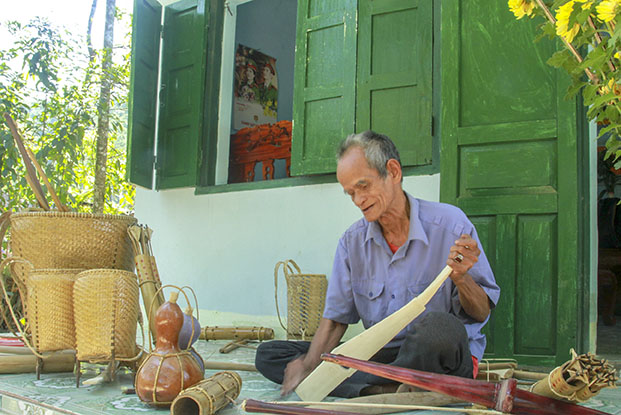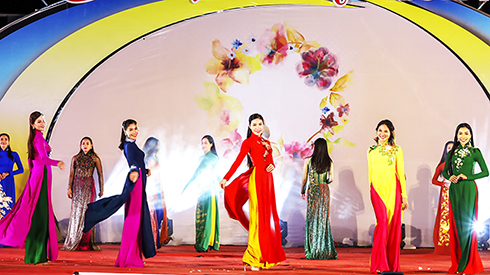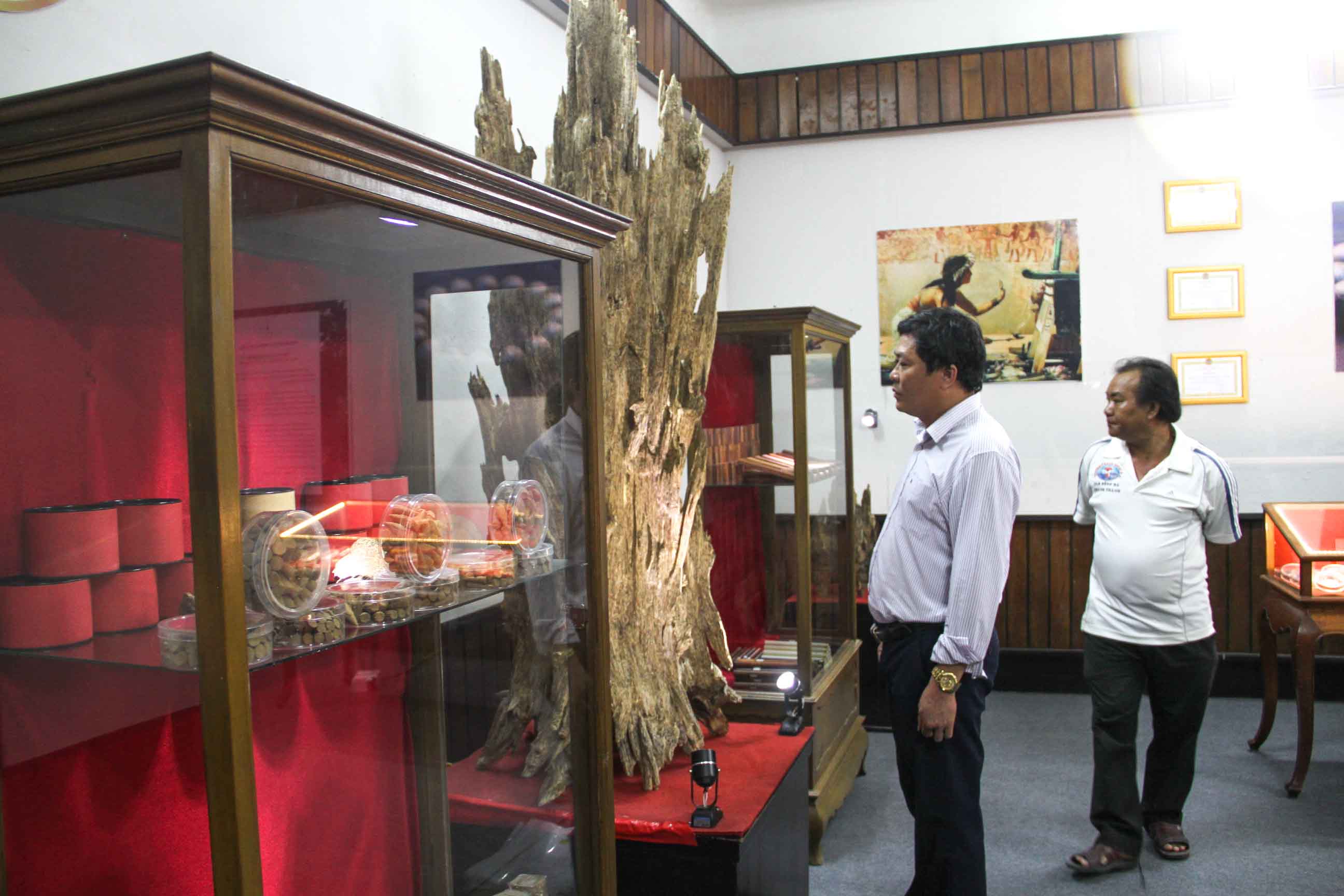
Over the past years, the collection of the typical traditional cultural heritages of three ethnic minorities Raglai, Ede, and T'rin has contributed to the preservation of the cultural values of ethnic minorities, which are gradually fading into oblivion, in Khanh Hoa Province. This has also helped the province's specialized sectors to make plans to preserve and promote these heritages in the future.
Over the past years, the collection of the typical traditional cultural heritages of three ethnic minorities Raglai, Ede, and T'rin has contributed to the preservation of the cultural values of ethnic minorities, which are gradually fading into oblivion, in Khanh Hoa Province. This has also helped the province’s specialized sectors to make plans to preserve and promote these heritages in the future.
Searching for ancient cultural heritages
Khanh Hoa Province is the home of the Raglai, Ede, and T'rin for a long time. These ethnic minorities live primarily in the mountainous areas of Khanh Son District, Khanh Vinh District, Cam Lam District, Dien Khanh District, Ninh Hoa Town, Cam Ranh City. The ecological environments have a strong impact on the formation and changes of culture of the three ethnic minorities. Over many years, generations of Raglai, Ede, and T’rin people have left a lot of tangible and intangible cultural heritages. Nowadays, although many of these heritages have gradually faded into oblivion and are rarely used in daily life, they are still preserved by the village elders, village heads or prestigious people in the community. “We need to collect and keep the artifacts from being disappear or damaged", said Le Chi Huong, director of Khanh Hoa provincial museum.

|
Implementing the project of the provincial People's Committee to collect, preserve, display and raise the public’s knowledge of the traditional and typical cultural heritages of three ethnic minorities Raglai, Ede, T'rin, since 2019, the officials and staff of the provincial museum have travelled to some localities in the province to do researches. This has proved to be difficult and challenged. Under the impacts of modern life, many traditional cultural features of the three ethnic communities have been gradually lost. For instance, many traditional tools have been no longer used since the people stopped shifting cultivation and nomadic life. In many places, long houses and traditional stilt houses, which used to be very popular among the ethnic communities, are now only remains in memory. Nowadays, houses of the Raglai, Ede, and T'rin are no different from the houses of Kinh people. They also don’t wear their traditional costumes as much as before. The festivals are also organized at smaller scale and simpler way. Outdated customs and superstitions have been removed, but many of the cultural features of the traditional festivals have been lost.
Initial results
After a period of time implementing the project, the provincial museum has collected 350 artifacts, documents and about 450 pictures and videos. Among them are 118 artifacts and traditional cultural documents of Raglai; 119 ones of the Ede; 57 ones of the T’rin. These artifacts and documents include labor tools; musical instruments; costumes, jewelry; and ceremonial objects. All have been brought to the provincial museum.
The collected artifacts partly show the richness and diversity of the cultural heritages of Raglai, Ede and T’rin ethnic communities in Khanh Hoa. Many artifacts reflect the own cultural characteristics of each communities through the structure, shapes, materials, and usage methods, for example a tool called “goac” to scrape the bark or a stick used to poke holes on soil for seed sowing.
Although the number of the collected artifacts is not large, it partly reflects the real situation of socio-economic life, cultural and spiritual activities of three ethnic minorities Raglai, Ede, and T'rin. Thanks to them, experts can have more accurate assessments, solutions, and proposals to protect and preserve the traditional cultures of these three ethnic communities.
Giang Dinh
Translated by H.N






